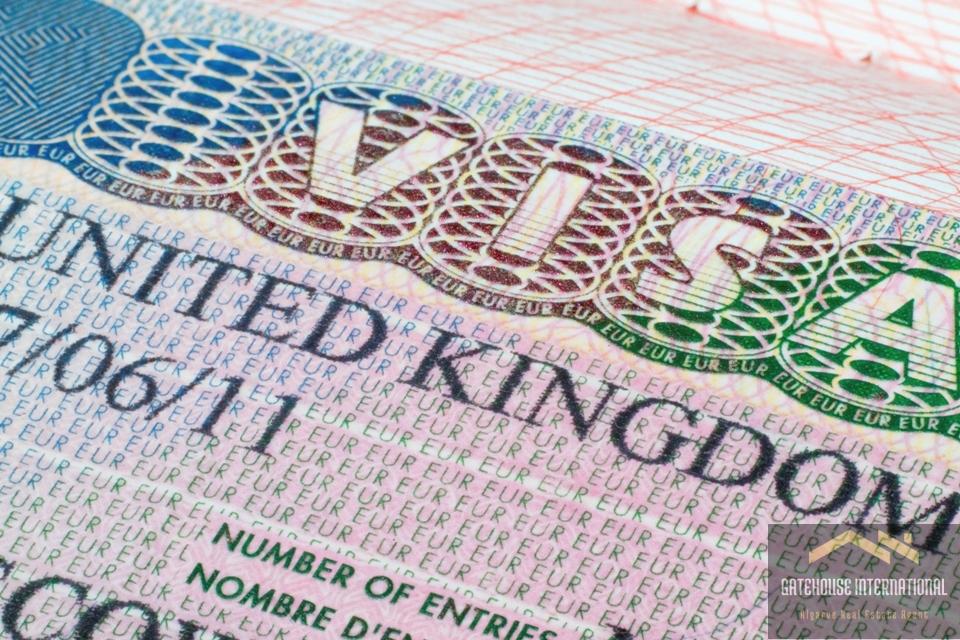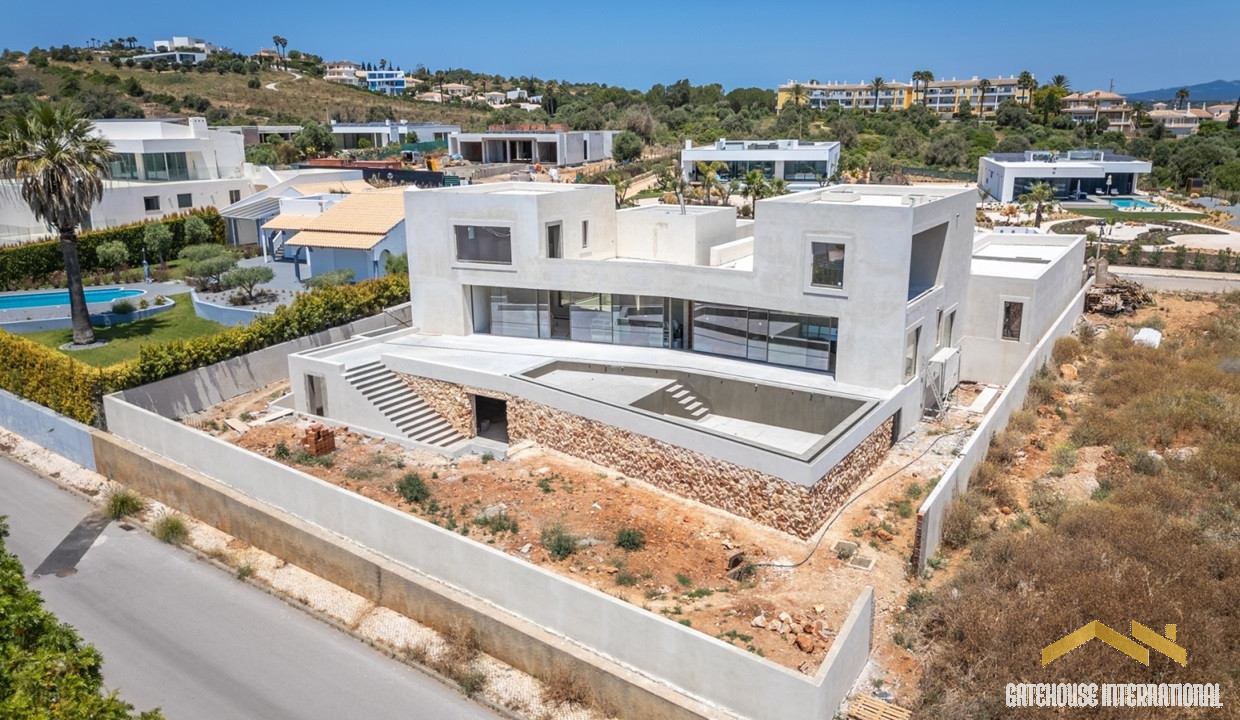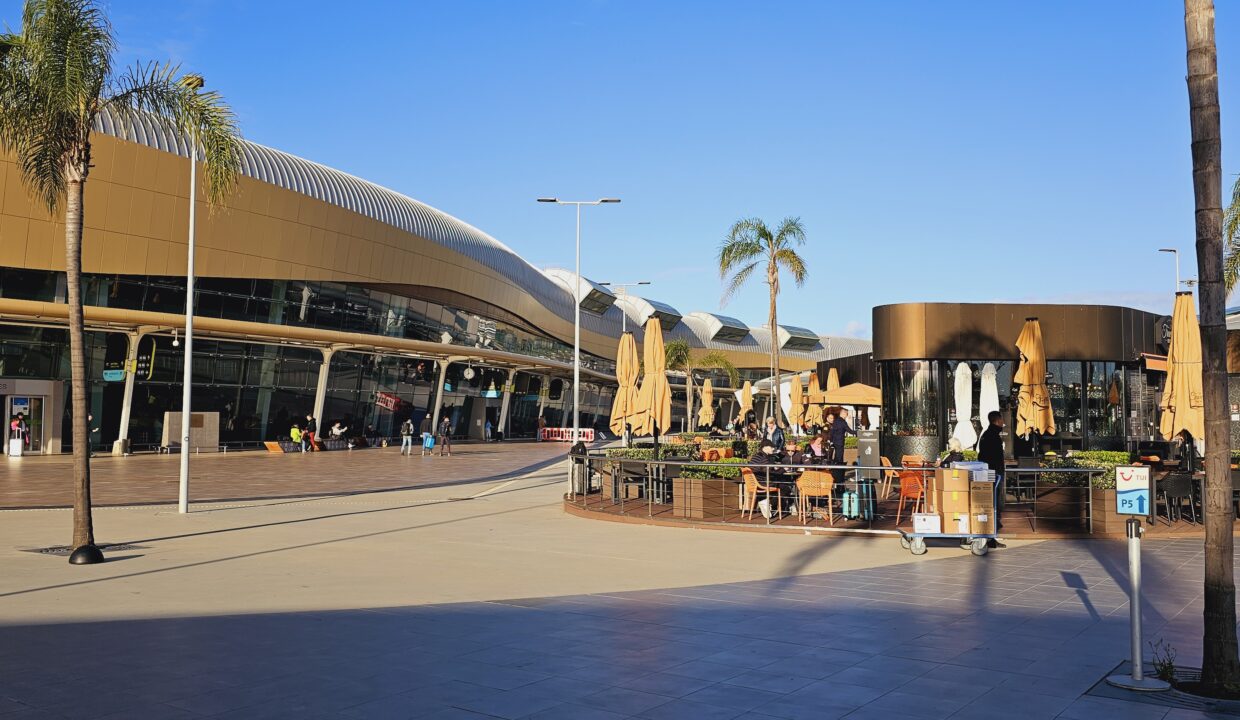How to Apply for Residence Visa in Portugal
Applying for Residence Visa in Portugal
In this guide, we explain the basic steps to gaining residency in Portugal. The following is a brief explanation of what is required to complete the first step which is applying for a Residence Visa.
The second step which is applying for a Residence Permit is detailed on this page. To learn the difference between the two visas please read on.
Portugal and the Algarve in particular have become a location on the high list of places to relocate to in Europe. Portugal is currently home to around 20,000 UK nationals, mostly chasing to live in either the capital city, Lisbon, Porto or coastal areas such as the Algarve.
Its warm climate, beautiful beaches and natural scenery, favourable property prices and relatively low cost of living. Throw in its friendly communities and easygoing lifestyle it is a popular destination for Brits looking to move abroad.
On top of this, English is widely spoken across the Algarve region and the process of becoming a Portuguese citizen is relatively easy compared to citizenship applications in other countries.
Portuguese Visa Schemes
So, despite the Brexit downfalls of leaving the EU, moving to the Algarve in Portugal from the United Kingdom is still a possible option.
Schemes backed by the Portuguese government have enticed many foreigners to move to Portugal through several advantageous visa programs. The idea was to attract foreign capital investment to leverage the Portuguese economy.
The Golden Visa Program and D7 Visa are good examples and have indeed attracted many non-EU nationals to Portugal. By taking advantage of these schemes you can have dual residency, and live in Portugal and the UK.
However, if you are not able to take advantage of the schemes, as an EU citizen, you will need a residence visa to study, live, or work in Portugal.
The type of residence visa you need will depend on how long and the reason you plan to stay in Portugal.
What happens after Brexit?
The Brexit transition period came to an end on the 31st of December 2020, and with this also came to the end of free movement between the UK and EU. This has left many UK nationals somewhat uncertain about their options for moving and living abroad.
However, the good news is that it is still possible to relocate to Portugal from the United Kingdom.
Expats already resident in Portugal
UK nationals who were already registered as residents in Portugal before the 1st of January 2021 will be the main ones unaffected by the UK’s departure from the EU.
Thankfully under the Brexit Withdrawal Agreement, the rights of UK nationals in the country are protected. Therefore they can continue to reside, work or study in Portugal without the need for any visas.
A word of caution, if you were a legal resident in Portugal before the 1 January 2021 deadline, you will need to exchange your EU resident document for the new biometric card that can be used to prove your residential rights.
This can be done by using the SEF’s Online Brexit Portal. Once you are registered on the portal download the registration confirmation in the form of a digital document and you can use this to prove your status as a resident until you receive your biometric card.
First Step Apply for a Residence Visa
Following Brexit, UK nationals can still visit without a visa, but can only stay for up to 90 days within 180 days. If you intend to visit for a longer period than this, you will need to apply for a visa.
Initially applying for and holding a Residence Visa allows you to enter Portugal for the purpose of applying for a full Residence Permit. Basically, the Residence Visa is the first step to getting permanent residency.
The department responsible for processing and issuing Residence Visas in Portugal is the Serviço de Estrangeiros e Fronteiras (SEF).
Applying for The Residence Visa
You can apply for the Residence Visa from the UK by contacting the nearest Portuguese embassy to your location. There are four options to choose from London, Manchester, Edinburgh and Jersey.
Instead of just turning up you should make an appointment with the embassy, you can either drop them an email or visit the embassy personally to schedule the appointment. You can also try ringing however, the chances of anyone answering the phone are pretty slim!
To apply, you will need to provide a completed application form, which is available on the Portuguese Ministry of Foreign affairs website.
- Your Passport or other travel documents. Which must be valid for an additional three months after the date of leaving.
- Provide two identical passport-type photographs
- A travel document, normally your return ticket
- Make sure you have valid travel insurance to cover necessary medical expenses
- A signed form authorising access to Portuguese criminal records by the Immigration and Border Services (SEF)
- Criminal record from the UK covering the last year
- Proof that you have enough money for your stay, bank statements for example. You can also use a statement of responsibility, which must be signed by a Portuguese national or a foreign national legally living in the territory.
- You will also need to provide documents related to the reason for your stay.
The Portuguese Residency Visa is valid for four months of the issue date and it also allows for double entry. The processing time for a Residence Visa is 60 days so allow for this before scheduling any trips to apply for the Residence Permit.
This is the first process of gaining residency in Portugal. You can follow the second step which is applying for the Portuguese Resident Permit here.

“Gary Thomas” – Gatehouse International Algarve
Gary Thomas is the Managing Partner at Gatehouse International Algarve, based in Almancil, close to the luxury resorts of Vale do Lobo and Quinta do Lago. With more than 25 years of experience in the Algarve property and financial markets, Gary oversees property promotion and sales, offering valuable expertise to clients worldwide.




